Dry hair can be a frustrating and challenging problem to deal with. It can make your hair look dull, lifeless, and prone to breakage. However, with the right hair care routine and some helpful tips, you can restore moisture, shine, and vitality to your dry hair.
In this article, we will explore effective hair care tips specifically designed to address the needs of dry hair.
Busy? Save this pin for later.
1. Use a Moisturizing Shampoo and Conditioner
Start by choosing a moisturizing shampoo and conditioner specifically formulated for dry hair. Look for products that contain hydrating ingredients like argan oil, shea butter, or coconut oil. These nourishing components will help to replenish moisture and restore natural oils to your hair.
- Hydrating ingredients like argan oil, shea butter, and coconut oil penetrate the hair shaft, providing deep moisturization.
- These ingredients also help to seal the hair cuticles, preventing moisture loss and improving the overall texture of dry hair.
- Regular use of a moisturizing shampoo and conditioner can help to restore the natural balance of oils in your hair, leaving it softer and more manageable.
2. Limit Washing Frequency
Washing your hair too frequently can strip away its natural oils, leading to further dryness. Aim to wash your hair every two to three days, or even less frequently if possible. This will allow your scalp’s natural oils to nourish and hydrate your hair.
- Overwashing can disrupt the scalp’s natural oil production, causing dryness and irritation.
- By reducing the frequency of washing, you allow the natural oils to distribute evenly throughout your hair, providing essential hydration.
- Dry shampoo can be a useful tool to extend the time between washes, absorbing excess oil and refreshing the hair without stripping away moisture.
3. Rinse with Lukewarm Water
When washing your hair, avoid using hot water as it can strip away moisture. Instead, opt for lukewarm water to prevent further drying of your hair and scalp.
- Hot water can strip away the natural oils from your hair, leaving it dry and brittle.
- Lukewarm water helps to open the hair cuticles, allowing for better absorption of moisturizing products.
- After shampooing and conditioning, finish your hair rinse with a blast of cool water. This will help to seal the cuticles, locking in moisture and adding shine to your hair.
4. Apply a Deep Conditioning Treatment
Regularly treating your dry hair with deep conditioning masks or treatments can significantly improve its moisture levels. Look for products that contain ingredients like honey, aloe vera, or avocado oil to deeply hydrate and nourish your hair.
- Deep conditioning treatments provide intense hydration to dry hair, helping to restore its natural moisture balance.
- Ingredients like honey, aloe vera, and avocado oil have humectant properties, attracting and retaining moisture in the hair.
- Apply the deep conditioning treatment to damp hair, focusing on the mid-lengths and ends. Leave it on for the recommended time, allowing the ingredients to penetrate the hair shaft and provide maximum hydration.
5. Use a Leave-In Conditioner
To provide extra moisture and protection throughout the day, consider using a leave-in conditioner. Apply a small amount to the ends of your hair, focusing on the dry and damaged areas. This will help to lock in moisture and prevent further dryness.
- Leave-in conditioners act as a protective barrier, shielding your hair from environmental factors that can cause dryness.
- They also provide ongoing hydration, keeping your hair moisturized and nourished between washes.
- Look for leave-in conditioners that contain ingredients like glycerin, panthenol, or keratin, as they help to improve moisture retention and strengthen the hair.
6. Avoid Heat Styling Tools
Excessive use of heat styling tools like flat irons and curling wands can further damage and dry out your hair. Opt for heat-free styling methods whenever possible to minimize heat damage and preserve moisture.
- Heat styling tools can strip away moisture from your hair, leaving it dry and brittle.
- If you need to use heat styling tools, always apply a heat protectant spray or serum to minimize damage.
- Consider air-drying your hair or using heatless styling techniques like braiding or twisting to create beautiful, heat-free hairstyles.
7. Protect Your Hair from the Sun
Just like your skin, your hair can also be damaged by the sun’s harmful UV rays. Protect your hair by wearing a wide-brimmed hat or using a UV-protective hair spray or serum. This will help prevent dryness and minimize color fading.
- UV rays can cause the outer layer of your hair, known as the cuticle, to become damaged and lose moisture.
- UV-protective products create a barrier on your hair, shielding it from the sun’s harmful rays.
- Additionally, wearing a hat provides physical protection and helps to prevent dryness and sunburn on your scalp.
8. Trim Regularly
Regular trims are essential for maintaining healthy hair, especially if you have dry ends that are prone to split ends and breakage. Schedule regular appointments with a hairstylist to remove damaged and dry ends, allowing your hair to grow in a healthier manner.
- Dry ends can lead to further breakage and prevent your hair from looking its best.
- Trimming your hair regularly helps to get rid of split ends and promotes healthier hair growth.
- Aim to schedule a trim every 6-8 weeks to keep your hair looking fresh and prevent dryness and damage from spreading.
9. Avoid Overbrushing
Brushing your hair excessively can lead to the breakage of fragile, dry strands. Opt for wide-toothed combs or brushes with natural bristles. Gently detangle your hair, starting from the ends and working your way up to reduce damage and breakage.
- Dry hair is more prone to breakage, and overbrushing can exacerbate this issue.
- Wide-toothed combs and brushes with natural bristles are gentler on your hair, minimizing breakage and reducing static.
- Start by detangling your hair from the ends, gradually working your way up to the roots to prevent unnecessary pulling and breakage.
10. Limit the Use of Chemical Treatments
Chemical treatments such as perms, relaxers, and hair dyes can further dehydrate your hair. Minimize their use or opt for more gentle alternatives to prevent excessive dryness and damage.
- Chemical treatments can strip away the natural moisture from your hair, leaving it dry and brittle.
- If possible, choose gentler alternatives like semi-permanent dyes or natural hair relaxing methods.
- Always follow up chemical treatments with deep conditioning and moisturizing treatments to restore hydration and minimize damage.
11. Protect Your Hair While Sleeping
To prevent friction and breakage, protect your hair while sleeping. Consider using a silk or satin pillowcase or tying your hair up in a loose bun or braid. This will help to retain moisture and reduce frizz.
- Cotton pillowcases can cause friction, leading to hair breakage and dryness.
- Silk or satin pillowcases are smoother and gentler on your hair, reducing friction and preventing moisture loss.
- Tying your hair up in a loose bun or braid can help to minimize tangles and frizz, preserving moisture and promoting healthier hair.
12. Increase Your Intake of Omega-3 Fatty Acids
Maintaining a healthy diet rich in omega-3 fatty acids can also contribute to healthier hair. Include foods like fatty fish, flaxseeds, chia seeds, and walnuts in your diet to promote hair hydration and overall health.
- Omega-3 fatty acids are essential for maintaining healthy hair and promoting moisture retention.
- Fatty fish like salmon and mackerel, as well as plant-based sources like flaxseeds and chia seeds, are excellent sources of omega-3 fatty acids.
- Including these foods in your diet can improve the overall health of your hair, making it less prone to dryness and breakage.
13. Hydrate from the Inside Out
In addition to a healthy diet, proper hydration is essential for hair health. Drink an adequate amount of water daily to keep your hair and scalp hydrated, preventing dryness and brittleness.
- Drinking enough water helps to hydrate your hair from within, promoting overall moisture balance.
- Dehydration can lead to dry and brittle hair, so it’s important to stay properly hydrated throughout the day.
- Aim to drink at least eight glasses of water per day, and more if you are physically active or live in a dry climate.
14. Avoid Harsh Hair Accessories
Avoid using hair accessories that can cause friction and damage, such as tight elastic bands or metal clips. Opt for gentle hair ties made from fabric or soft materials to minimize breakage and dryness.
- Harsh hair accessories can cause friction and breakage, leading to dryness and damage.
- Opt for hair ties made from soft materials like fabric or silicone to minimize breakage and reduce tension on your hair.
- If you need to use metal clips or elastic bands, choose ones that are coated or covered to prevent snagging and breakage.
15. Consult a Professional
If your dry hair problem persists despite following the above tips, it may be beneficial to consult a professional hairstylist or a trichologist. They can provide personalized advice and recommend suitable products or treatments based on your specific hair needs.
- A professional can assess the condition of your hair and scalp, providing customized recommendations for your dry hair concerns.
- They may suggest specialized treatments like hair masks, scalp treatments, or protein treatments to improve your hair’s moisture levels.
- Professional guidance can help you address any underlying issues causing dryness and provide long-term solutions for healthier, more hydrated hair.
Remember, consistency and patience are key when it comes to taking care of dry hair. By incorporating these tips into your hair care routine, you can restore moisture, promote hair health, and enjoy the luscious, hydrated locks you desire.
FAQ
1. What type of shampoo and conditioner should I use for dry hair?
- Choose a moisturizing shampoo and conditioner specifically formulated for dry hair. Look for products that contain hydrating ingredients like argan oil, shea butter, or coconut oil.
2. How often should I wash my dry hair?
- Aim to wash your hair every two to three days, or even less frequently if possible. This allows your scalp’s natural oils to nourish and hydrate your hair.
3. Can hot water be damaging to dry hair?
- Yes, hot water can strip away the natural oils from your hair, leaving it dry and brittle. It is recommended to use lukewarm water instead.
4. How can I protect my dry hair from heat styling tools?
- Excessive use of heat styling tools can further damage and dry out your hair. Opt for heat-free styling methods whenever possible to minimize heat damage and preserve moisture.
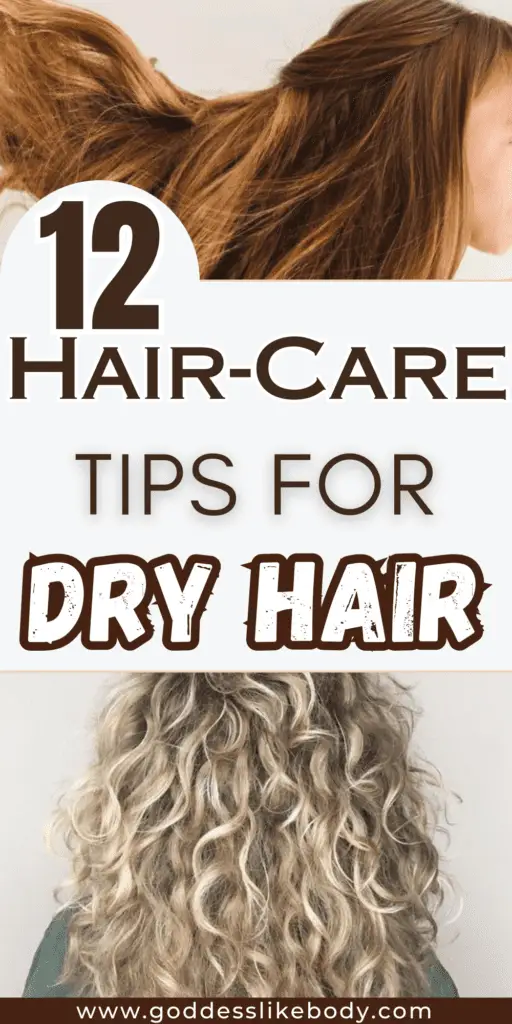
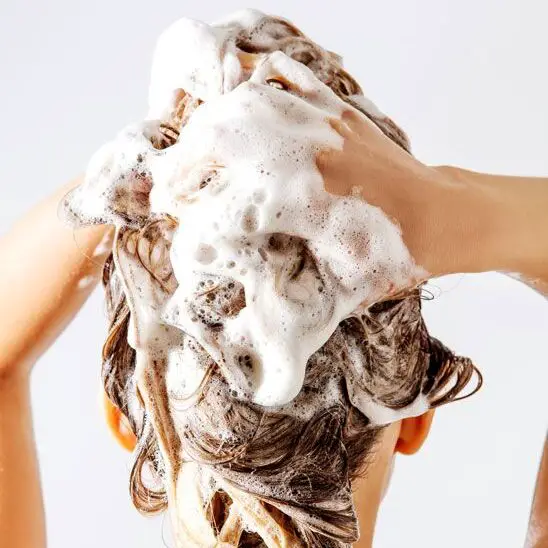
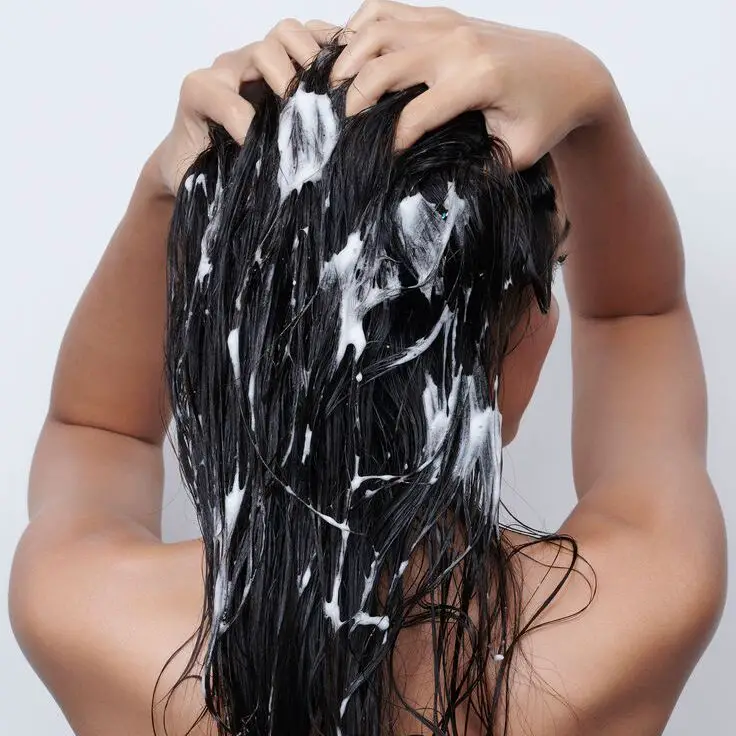

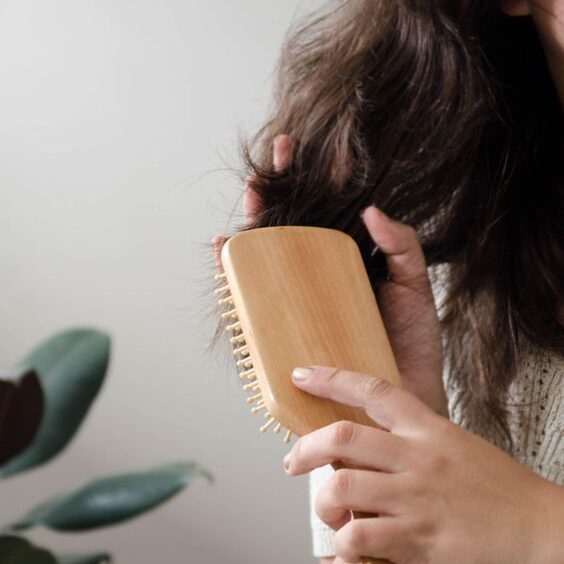


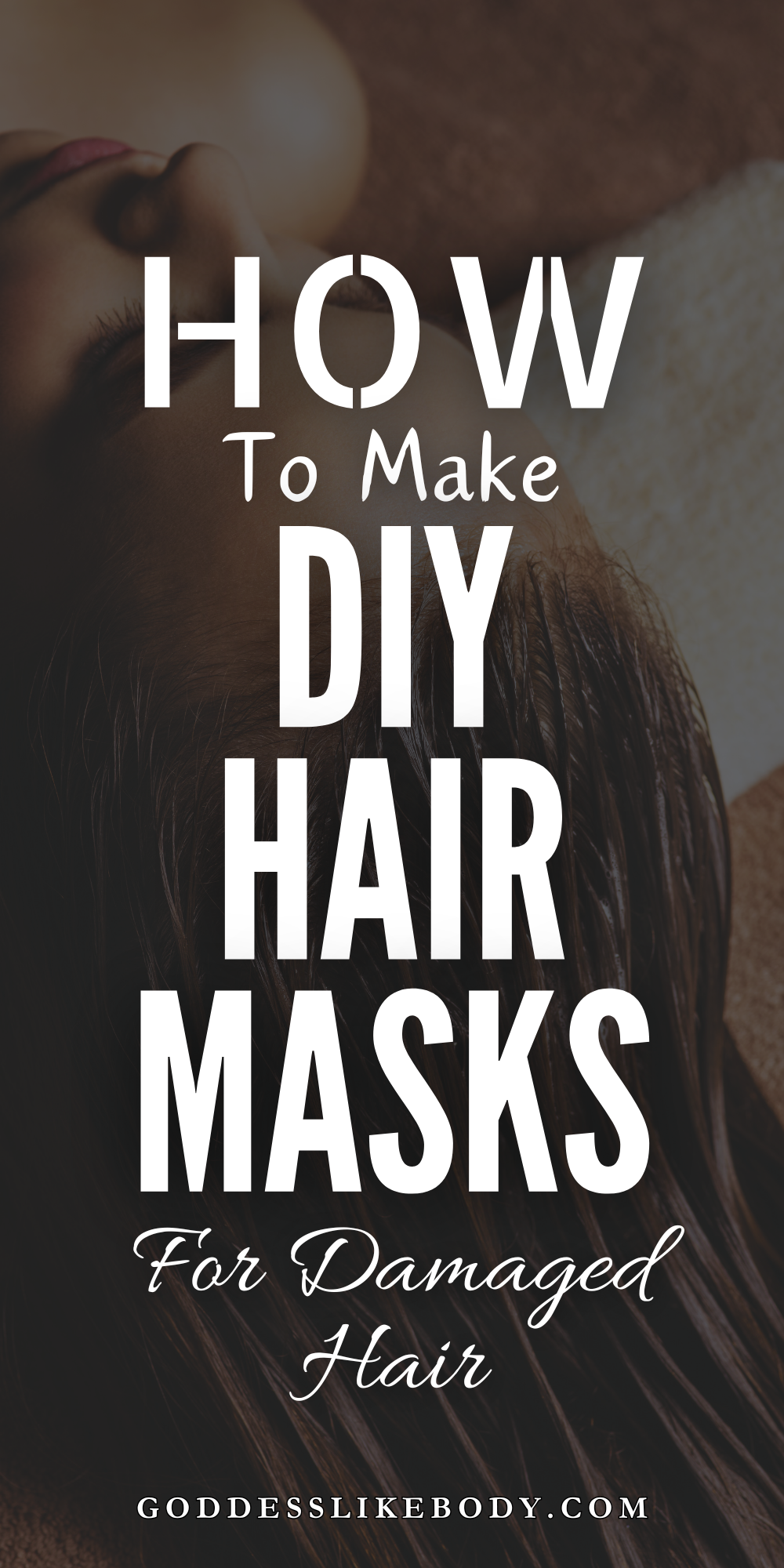
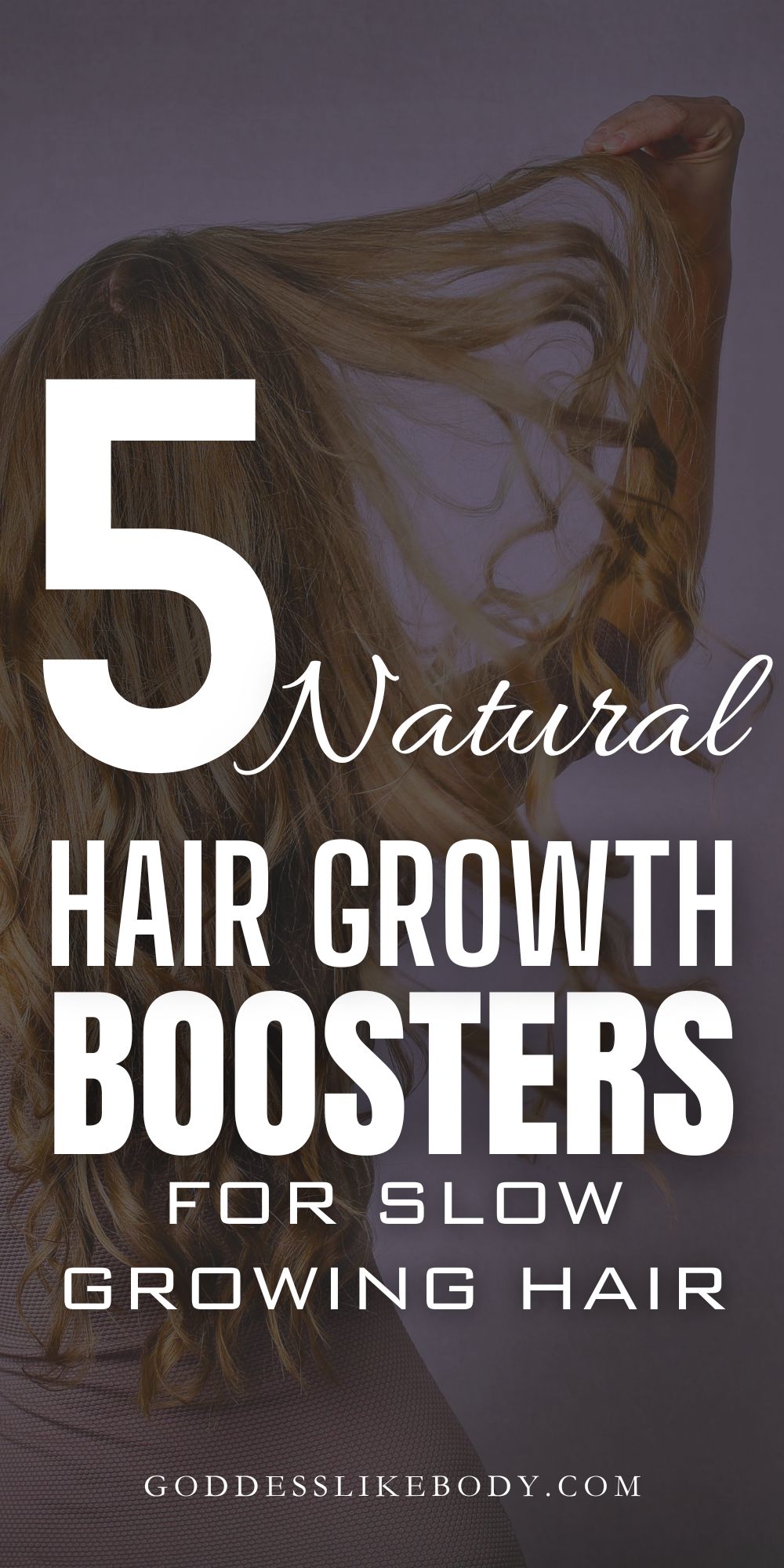
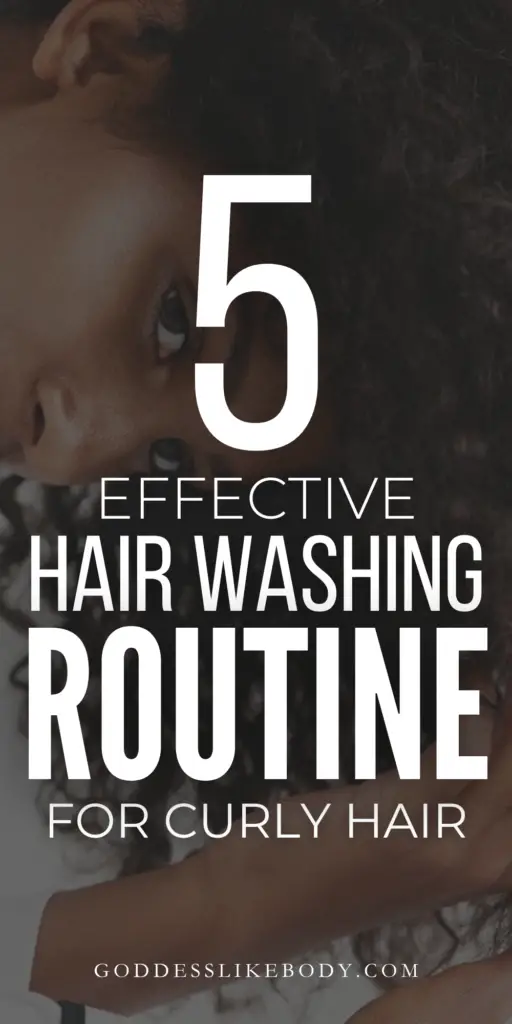
Leave a Reply
You must be logged in to post a comment.